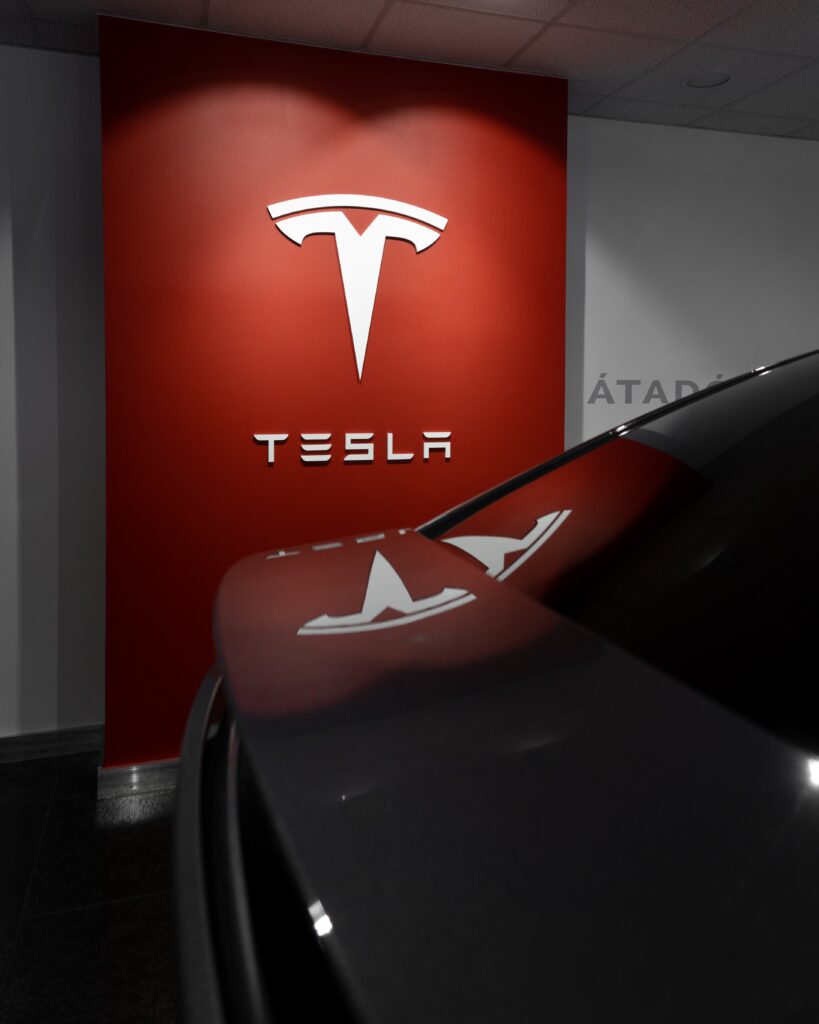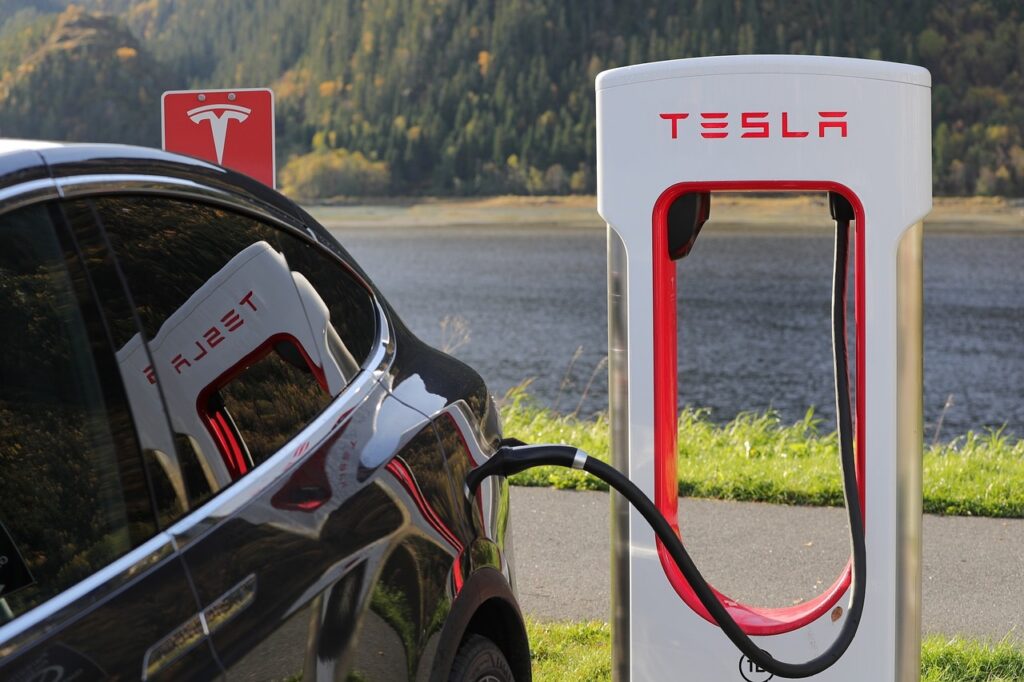Revolutionizing the Automobile Industry
Tesla has revolutionized the automobile industry with its focus on electric vehicles, renewable energy, and innovative technology. Founded in 2003 by a group of engineers, including Elon Musk, Tesla’s goal was to accelerate the world’s transition to sustainable energy. The company’s early focus was on developing a high-performance electric sports car, the Tesla Roadster, which was based on the Lotus Elise.
The success of the Tesla Roadster paved the way for the development of Tesla’s next-generation electric vehicles, including the Model S, the Model X, and the Model 3. The Model S, introduced in 2012, was the first electric car to offer a long-range battery pack and the first to receive a perfect score in Consumer Reports’ annual automotive reliability survey. The Model X, introduced in 2015, is a luxury SUV that features falcon-wing doors, a panoramic windshield, and a range of up to 371 miles on a single charge. The Model 3, introduced in 2017, is a more affordable sedan that is designed for mass-market appeal.
Tesla’s electric vehicles offer instant torque, which means they can accelerate quickly and smoothly, without the jerky shifts of a traditional gasoline engine. Electric vehicles are also quieter and smoother to drive, with fewer moving parts and less vibration. Tesla’s Autopilot system uses cameras, sensors, and radar to assist with steering, braking, and acceleration, and can even change lanes and park the car automatically. Tesla is also developing fully autonomous driving technology, which it plans to roll out in the near future.

Tesla has disrupted the traditional dealership model, with a direct-to-consumer sales model that allows customers to buy and configure their cars online. The company has also developed a network of Supercharger stations, which allow drivers to fast-charge their electric vehicles on long road trips. The Supercharger network currently has over 25,000 chargers worldwide, and Tesla is continuing to expand the network to make electric vehicle travel more convenient and accessible.
In addition to its impact on the automobile industry, Tesla has made significant contributions to the development of renewable energy. The company’s Powerwall is a home battery that can store energy from solar panels, allowing homeowners to use solar power even when the sun is not shining. The Powerwall can also be used as a backup power source in case of a power outage. Tesla has also developed the Solar Roof, which integrates solar panels into roof tiles, allowing homeowners to generate their own electricity while maintaining the appearance of a traditional roof.
In conclusion, Tesla’s history and development is a story of innovation, disruption, and a commitment to sustainability. The company has proven that electric cars can be stylish, powerful, and practical, and has pushed the boundaries of what is possible with renewable energy. As Tesla continues to grow and evolve, it will undoubtedly continue to be a major player in shaping the future of the automobile industry and renewable energy.
